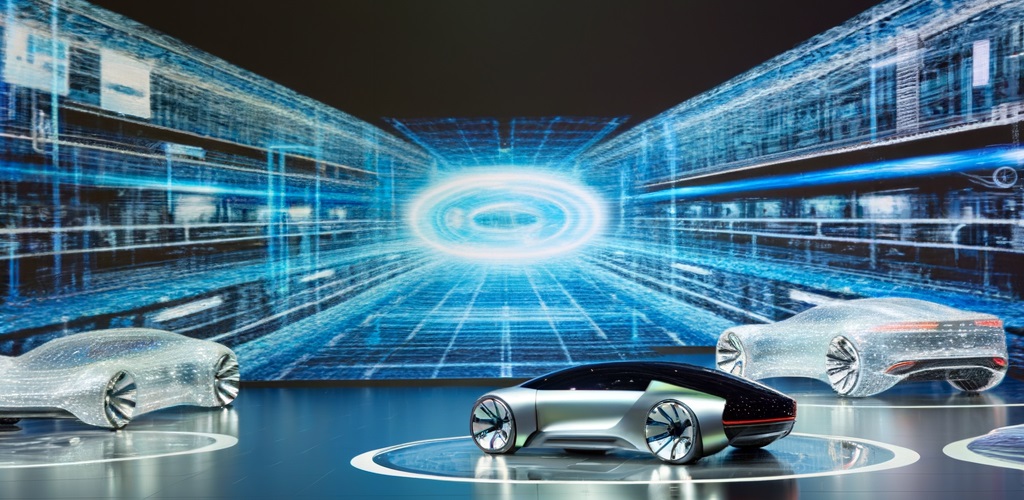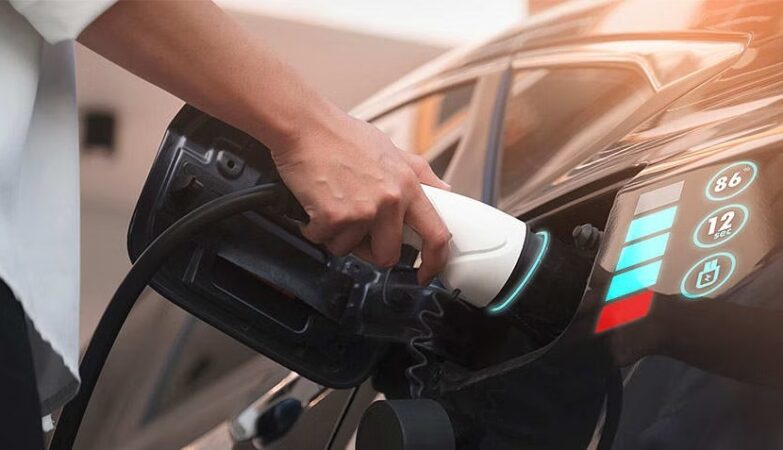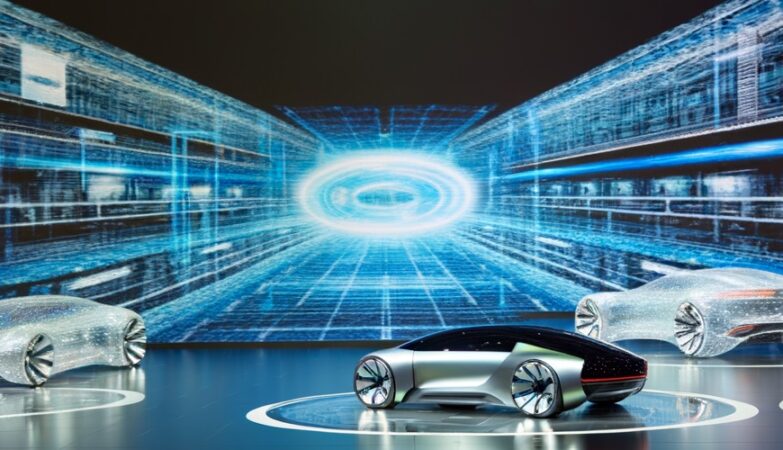[ad_1]
Automotive Industry: Driving Towards a Bright Future
The automotive industry has long been an integral part of our daily lives. From commuting to work to going on road trips, cars have become a necessity for modern living. However, the automotive industry is not just about convenience; it is also a major driver of economic growth and technological advancements.
One of the key factors that make the automotive industry so significant is its contribution to employment. The industry employs millions of people globally, ranging from engineers and designers to factory workers and salespeople. The production and manufacturing of cars require a complex supply chain, which creates jobs in various sectors, including steel, rubber, and electronics. A thriving automotive industry also supports indirect employment, such as automobile repair and maintenance, as well as the aftermarket sales of parts and accessories.
Another reason why the automotive industry is crucial to our economy is its impact on global trade. Automobiles are one of the most traded goods worldwide, and countries heavily rely on automotive exports for economic stability. Major automotive manufacturing nations, like Japan, Germany, and the United States, play a significant role in international trade, with their automotive exports generating billions of dollars in revenue each year. Additionally, the automotive industry drives technological innovation, as manufacturers constantly strive to develop more efficient and environmentally friendly vehicles. This push for innovation creates a ripple effect throughout the economy by spurring advancements in fields such as battery technology, autonomous driving, and connectivity.
In recent years, the automotive industry has been gearing towards sustainable mobility. Electric vehicles (EVs) have gained traction, thanks to advancements in battery technology and the growing awareness of environmental concerns. Governments around the world are setting ambitious targets to reduce carbon emissions, and automakers are responding by investing heavily in EV technology. This transition to electric mobility not only helps curb pollution but also reduces dependence on fossil fuels, making our transportation system more sustainable and resilient.
Another significant advancement in the automotive industry is the rapid development of autonomous vehicles. While fully autonomous cars are yet to become a common sight on our roads, self-driving technology has made significant strides in recent years. Companies like Tesla, Google, and Uber are investing heavily in autonomous vehicle development, with the promise of improved safety, reduced traffic congestion, and enhanced accessibility for people with disabilities. Despite the challenges and regulatory hurdles, the automotive industry continues to make significant progress towards a future where self-driving cars are the norm.
The automotive industry has also embraced connectivity, with vehicles becoming more integrated with technology. Modern cars are equipped with advanced infotainment systems, GPS navigation, and internet connectivity, providing drivers with real-time traffic information and enhancing the overall driving experience. Furthermore, the rise of the sharing economy has given birth to car-sharing and ride-hailing services, providing a more convenient and cost-effective alternative to car ownership.
As we look towards the future, the automotive industry will continue to evolve, driven by a combination of consumer demands, government regulations, and technological advancements. Electric and autonomous vehicles are expected to become increasingly commonplace, revolutionizing the way we travel and impacting various industries, from energy to urban planning. Furthermore, with the rise of smart cities and the internet of things, cars will play a vital role in interconnected transportation systems, improving efficiency and sustainability.
In conclusion, the automotive industry extends beyond mere transportation. It is a catalyst for economic growth, technological progress, and environmental sustainability. From supporting millions of jobs globally to revolutionizing mobility through electric and autonomous vehicles, the automotive industry is set to drive us towards a brighter and more connected future.
[ad_2]







